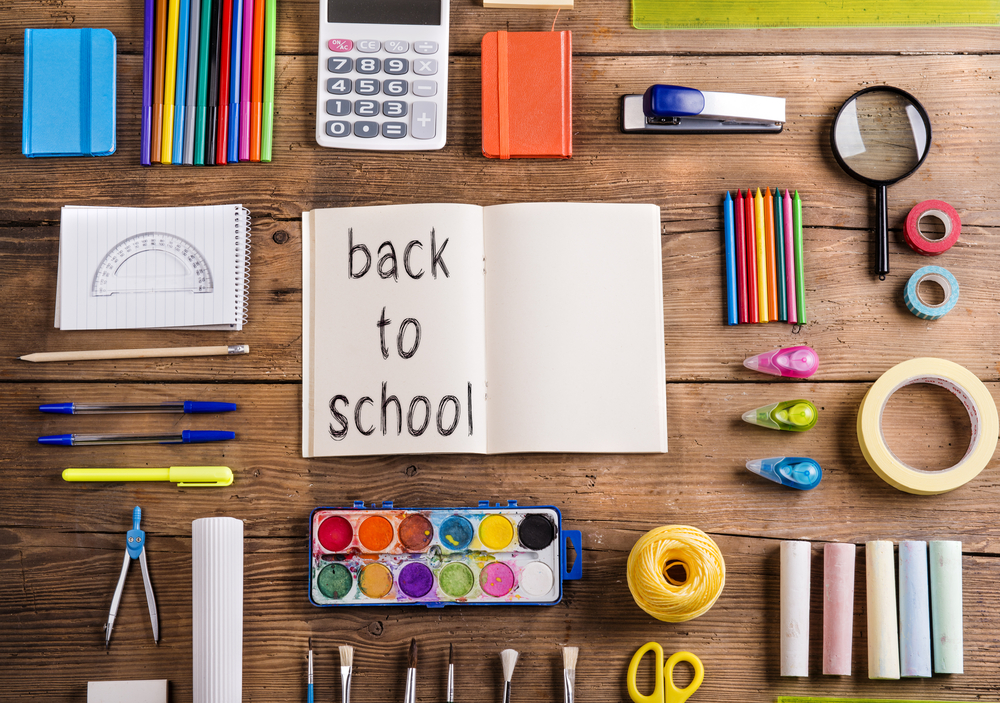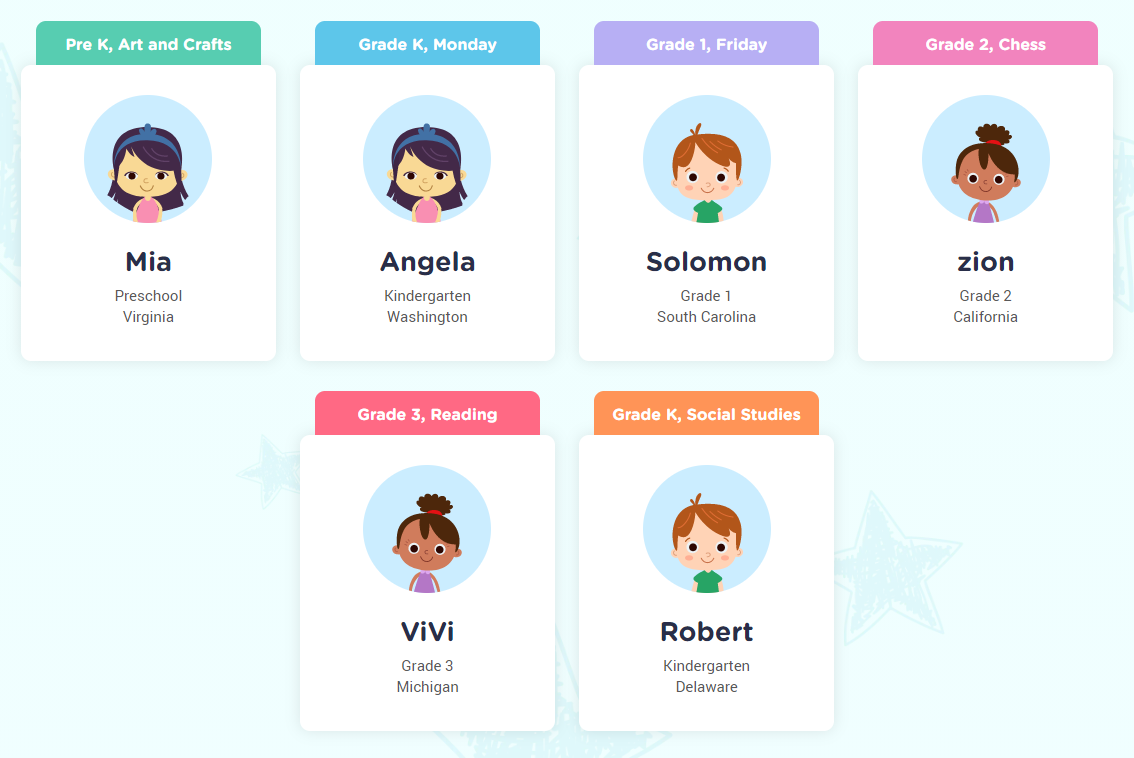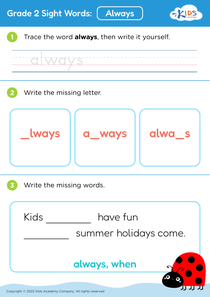2.4a Civics worksheets With Answers for Grade 2
6 filtered results
-
From - To
Explore the engaging "2.4a Civics Worksheets With Answers for Grade 2" on Kids Academy! These carefully crafted worksheets are designed to introduce young learners to essential civics concepts, including understanding rights and responsibilities, the importance of community participation, and the role of government. Each worksheet is accompanied by an answer key, making it easy for educators and parents to assess student learning and provide support. Perfect for classroom use or home learning, these activities promote critical thinking and foster a sense of civic responsibility in Grade 2 students. Empower your children with the knowledge to become active participants in their communities!
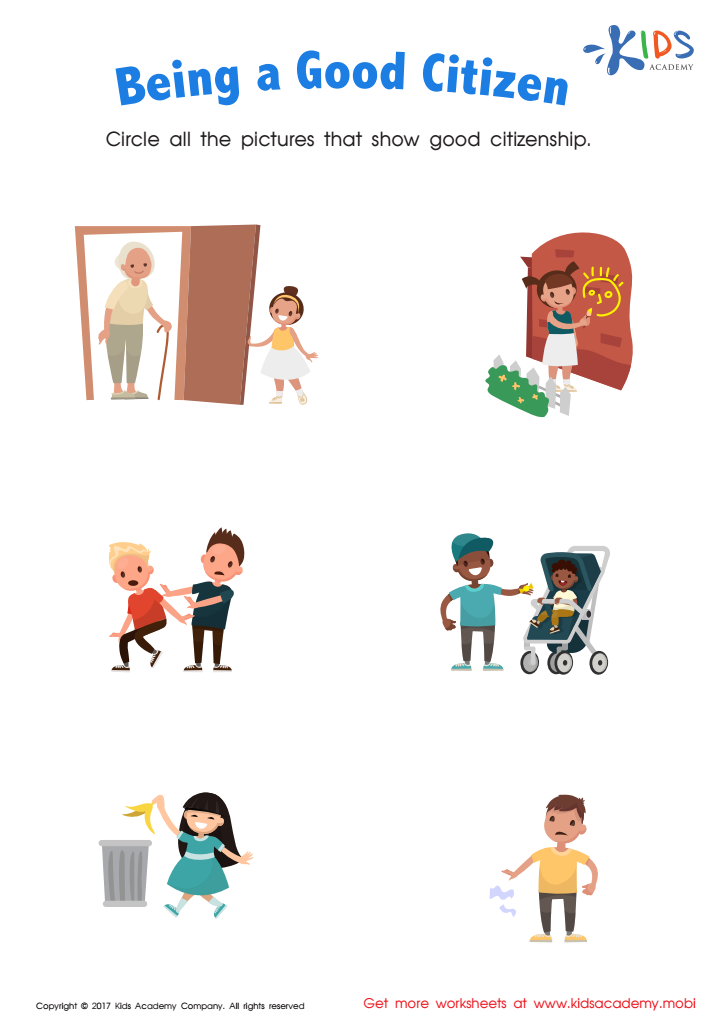

Being a Good Citizen Printable
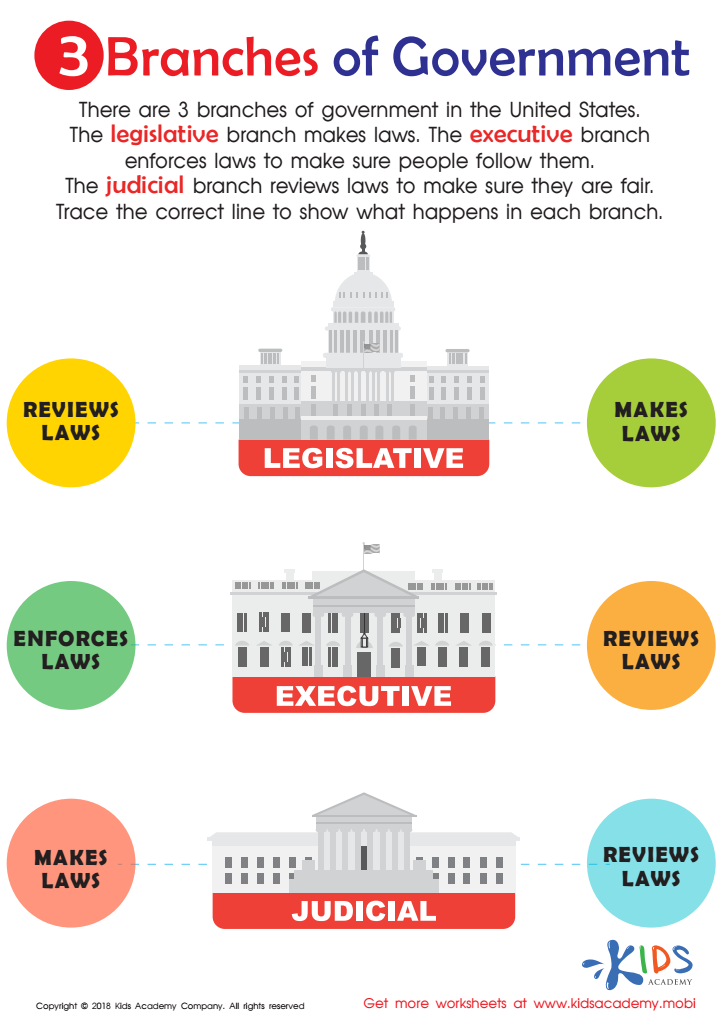

3 Branches of Government Worksheet
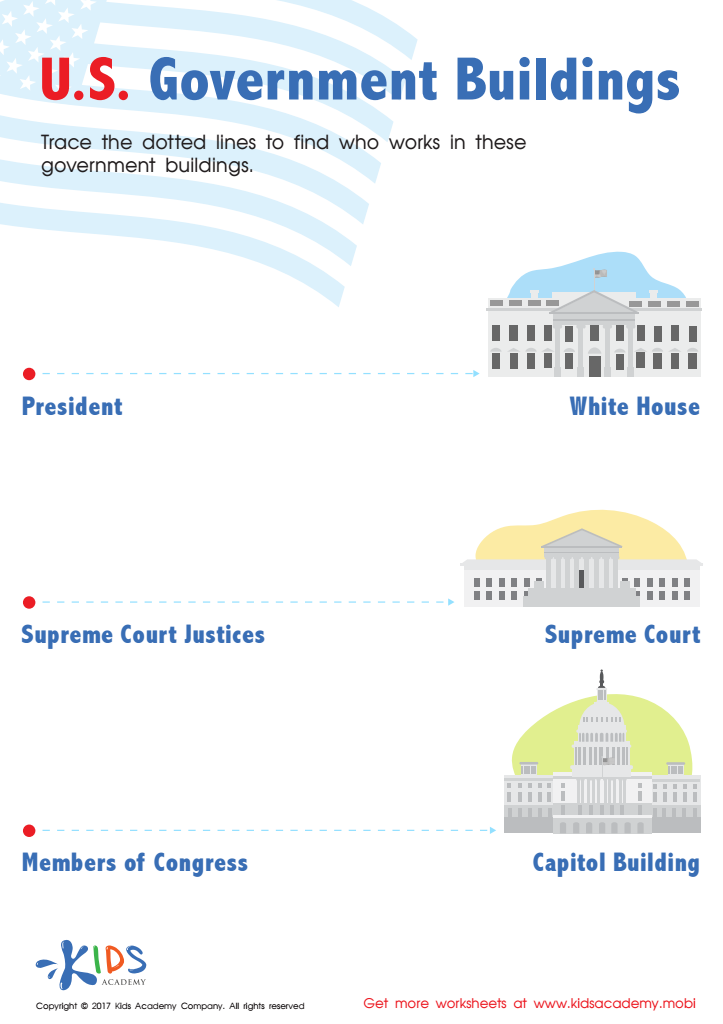

US Government Buildings Printable
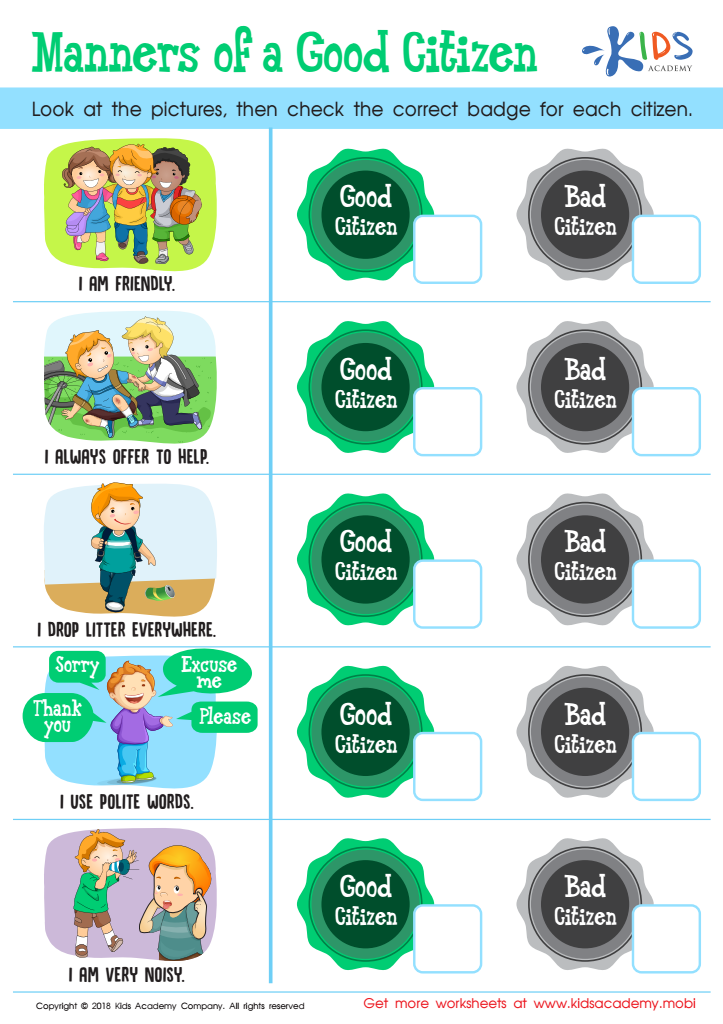

Manners of a Good Citizen Worksheet
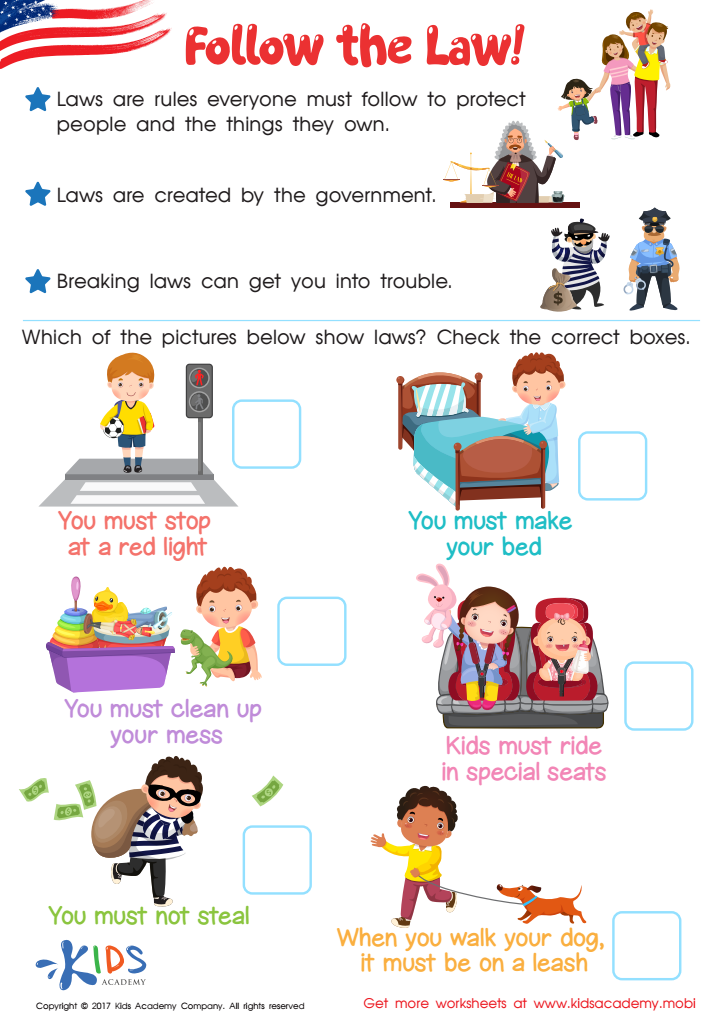

Follow the Law Worksheet
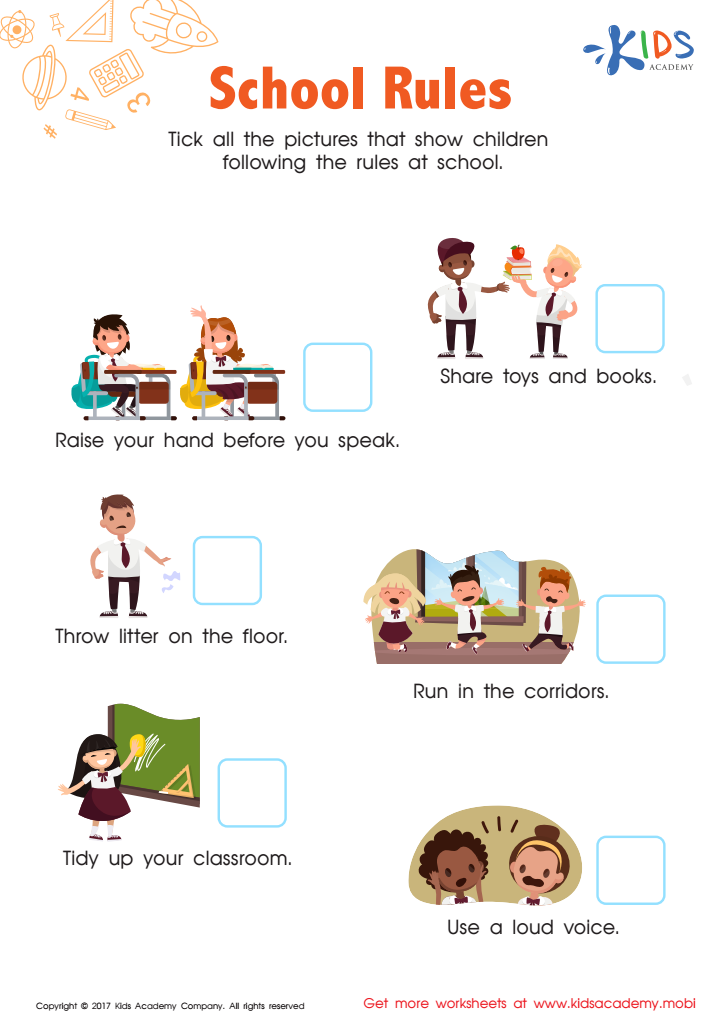

School Rules Worksheet
Understanding 2.4a Civics is crucial for both parents and teachers as it lays the foundation for students to become informed, engaged citizens. At Grade 2, children are introduced to key concepts such as community roles, responsibilities, and the importance of making choices. These early lessons are essential for helping students understand how their actions and decisions affect those around them.
Parents and teachers should care because this knowledge fosters civic responsibility and instills values such as fairness, respect, and cooperation. Through activities like discussions about community helpers or simple decision-making scenarios, children learn to value diversity and recognize the importance of working together for common goals. This awareness helps build empathy and understanding among peers, reducing bullying and promoting inclusivity.
Moreover, teaching Civics at this level aids in the development of critical thinking skills. When kids learn to question and understand societal norms, they're better equipped to participate in their communities actively. Ultimately, helping young learners grasp civic concepts at an early age establishes a strong foundation for them to grow into responsible citizens who will contribute positively to society in the future. Engaging with 2.4a Civics also strengthens the home and school partnership, creating a united front in children's education.
 Assign to My Students
Assign to My Students





